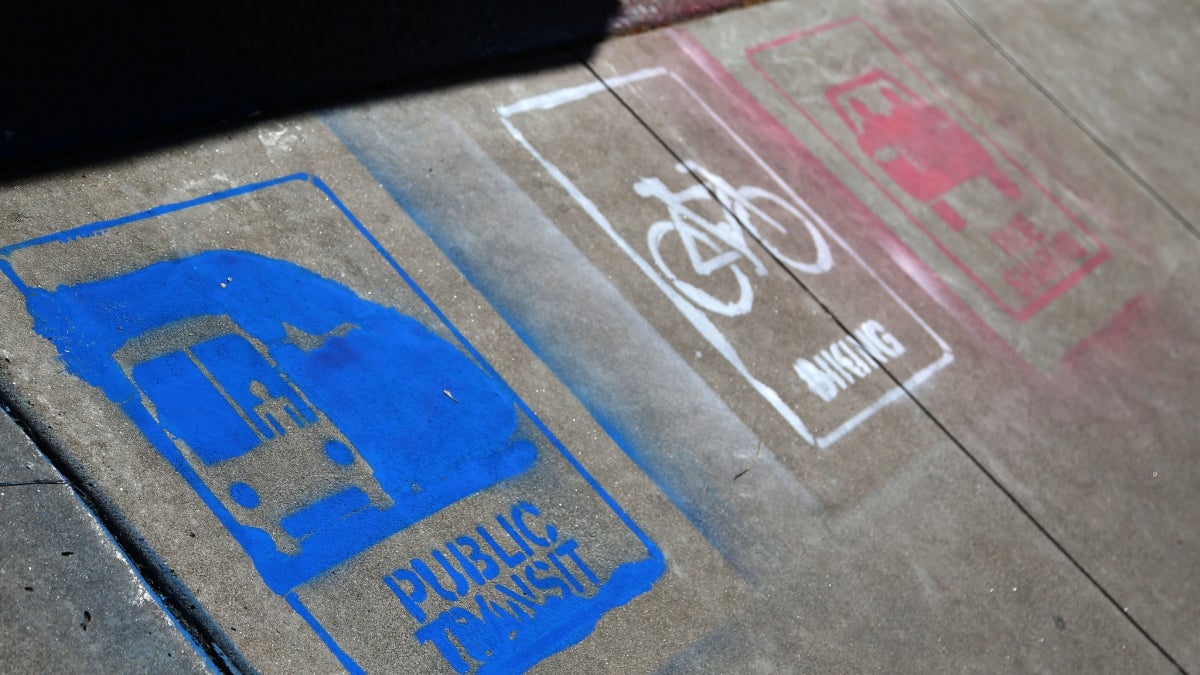ASU achieves gold in sustainability rating system

Further bolstering its commitment to sustainability operations and practice, Arizona State University has achieved a Gold rating in the Sustainability Tracking, Assessment and Rating System (STARS), a self-assessment program launched by the Association for the Advancement of Sustainability in Higher Education (AASHE).
The STARS program was created by AASHE as a transparent tool for colleges and universities to measure and evaluate progress toward their institutional sustainability goals, taking into account not only environmental factors like energy consumption and greenhouse gas emissions, but also social and economic factors such as engagement and purchasing, among others. The program also helps facilitate a larger dialogue among institutions of higher education regarding sustainability.
ASU earned its highest points in engagement, and planning and administration.
“ASU has taken specific, measurable steps to incorporate sustainability as a value at an individual, as well as institutional, level,” said John Riley, the university’s sustainability operations officer. “Our STAR Gold rating reflects the continuing work of our entire university community.”
“This is a remarkable achievement that validates ASU’s commitment to infusing sustainability into research, teaching and operations across the entire university,” said professor Christopher Boone, dean of the School of Sustainability. “More importantly, the gold rating demonstrates how a very large institution can practice sustainability at scales that make a measurable difference to the functioning and well-being of the university and surrounding communities."
Since becoming one of the founding signatories of the American College and University Presidents’ Climate Commitment in 2006 and the launch of the nation’s first School of Sustainability in 2007, ASU has advanced its sustainability agenda through university functions such as curriculum, research, outreach, engagement and operations. The efforts are focused on four key areas: climate neutrality, zero solid and water waste, active engagement and principled practice.
Thus far, the university has reduced greenhouse gas emissions by more than 15 percent and cut landfill waste by nearly 25 percent, even though facility space and the number of students have increased by nearly a third. ASU has also implemented progressive green purchasing practices and one of the most expansive alternative transportation plans of any large university. The institution is home to 39 LEED-certified facilities, two of which are Platinum.
Organizations such as the Sierra Club and the Princeton Review consider the STARS rating for their college-ranking programs to evaluate a school’s sustainability-related practices, policies and academic offerings, indicating that green practices are becoming an increasingly important factor in an individual’s decision to study or work at an institution of higher education.
The full report can be accessed here.
Arizona State University is a sustainability operations and practices leader among higher education institutions across the country, and has made significant strides to achieve many of its sustainability goals. ASU takes measurable steps to reduce consumption, maximize efficiency and to rethink products and processes by focusing on four key areas: climate neutrality; zero solid and water waste; active engagement; and principled practice.